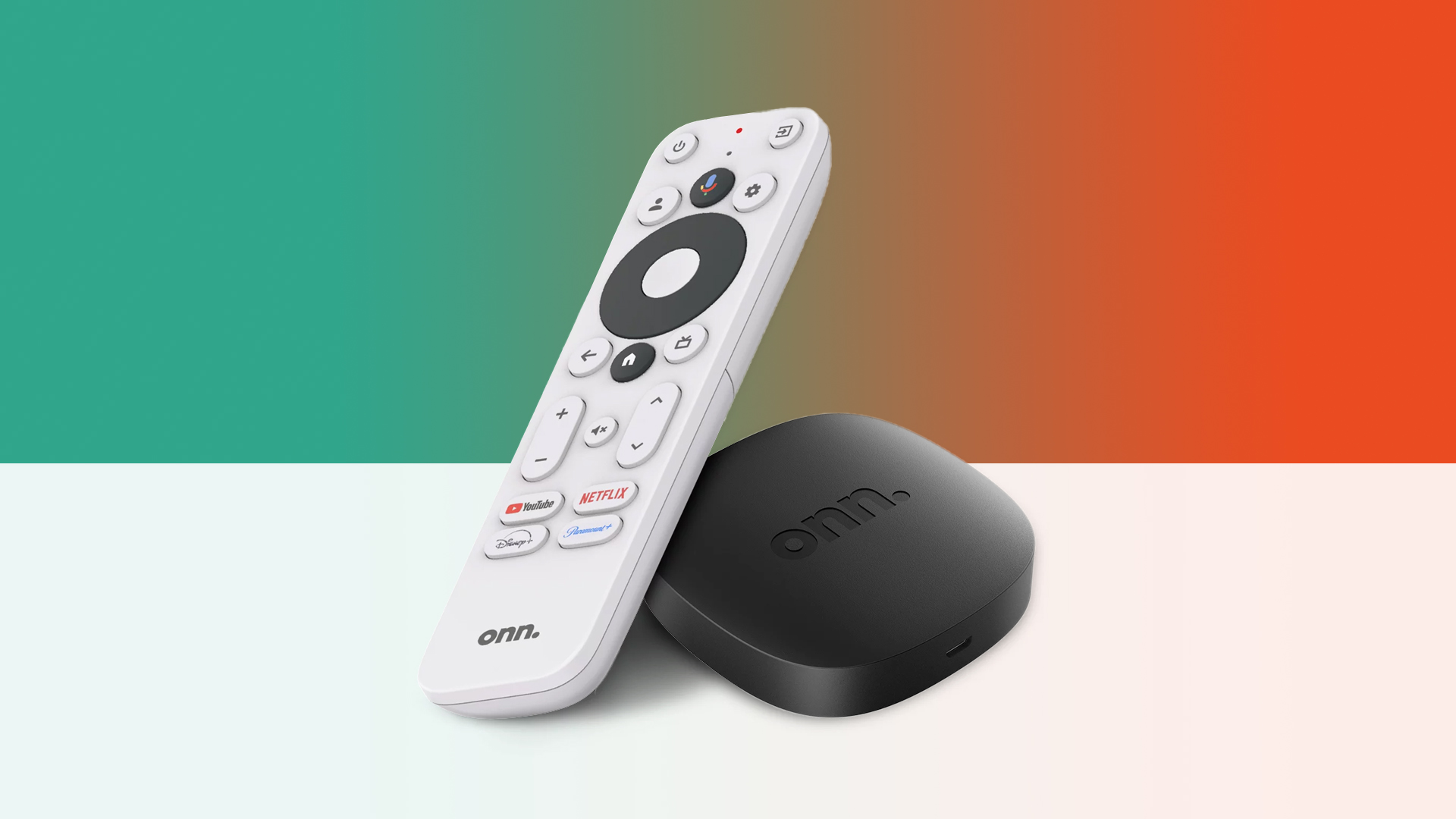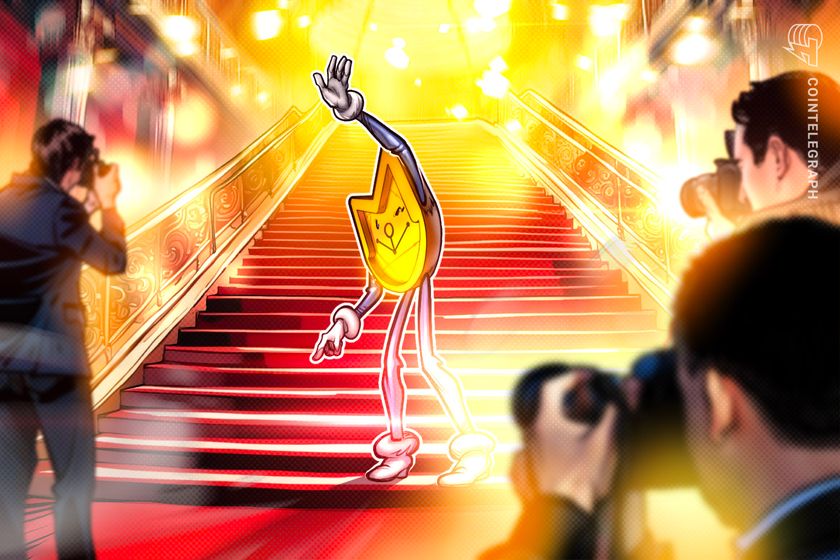Is Git a Programming Language? What Exactly Are These Devs Talking About?
If you’ve ever hung around developers or poked your head into the world of coding, you’ve probably heard the term "Git" thrown around like it’s the secret sauce of software development. But here’s a question that pops up now and then, especially from newcomers: Is Git a programming language? Spoiler alert: No, it’s not. But if it’s not a programming language, then what is it, and why are devs so obsessed with it? Let’s break it down. Git Isn’t a Programming Language—It’s a Tool First things first: Git is not a programming language like Python, Java, or C++. You can’t use it to write apps, build websites, or calculate the meaning of life (well, maybe indirectly). Instead, Git is a version control system (VCS)—a tool that helps developers manage changes to their code over time. Think of it as a super-powered "undo" button combined with a collaborative workspace for teams of coders. Programming languages are all about giving instructions to a computer to execute specific tasks. Git, on the other hand, is about keeping track of what you’ve written in those languages, when you wrote it, and who changed it. It’s less about creating and more about organizing and preserving. So, What Does Git Do? Imagine you’re writing a novel, and every time you make a change—adding a chapter, tweaking a character, or deleting a plot twist—you save a snapshot of the entire draft. Now imagine you can go back to any of those snapshots whenever you want, compare them, or even merge two different versions together. That’s Git in a nutshell, but for code. Here’s a quick rundown of what Git does for developers: Tracks Changes: Every time you tweak your code, Git records it. Forgot what you changed last Tuesday? Git’s got your back. Branching: Want to experiment with a new feature without breaking your main project? Git lets you create a "branch"—a separate version of your code you can mess with risk-free. Merging: Once your experiment works, Git helps you combine it back into the main codebase without chaos. Collaboration: Working with a team? Git lets everyone contribute simultaneously, keeping track of who did what and resolving conflicts when they arise. In short, Git is like a time machine and a team coordinator rolled into one. No wonder devs talk about it like it’s their best friend. Why the Confusion? So why do some people wonder if Git is a programming language? A couple of reasons might explain it: Command-Line Vibes: Git is often used via a terminal with commands like git commit, git push, or git merge. To a newbie, typing cryptic commands might feel a bit like coding. But these are just instructions to the Git tool, not a language for building software. Ubiquity in Dev Culture: Git is so deeply embedded in the developer workflow—especially with platforms like GitHub—that it’s easy to assume it’s part of the "programming" toolkit in a more literal sense. Scripting Overlap: Advanced users can write scripts (in actual programming languages like Bash or Python) to automate Git tasks, which might blur the lines for some. What Devs Mean When They Talk About Git When developers mention Git, they’re usually geeking out over one of these: "I messed up—thank God for Git!": They probably reverted a disastrous change using git reset or git checkout. "Pushed to the main branch": They’ve uploaded their latest code to a shared repository (often hosted on GitHub, GitLab, or Bitbucket). "Merge conflict hell": They’re wrestling with Git to reconcile two conflicting sets of changes—every dev’s rite of passage. "Git blame says Steve wrote this": They’re using Git’s history to figure out who to bug about a buggy line of code. It’s not about writing software; it’s about managing the process of writing software. And trust me, when you’re juggling thousands of lines of code across a team, that management is a lifesaver. The Real Programming Languages Behind Git Here’s a fun twist: Git itself was written in a programming language—mostly C, with some bits in Shell and Perl. Created by Linus Torvalds (yes, the Linux guy) in 2005, Git is a program that devs use, not a language they code in. So while it’s not a programming language, it’s a product of one—a tool built to solve a very specific problem in the coding world. Wrapping Up So, is Git a programming language? Nope—it’s a version control system, a tool that keeps code organized, trackable, and collaborative. Devs talk about it all the time because it’s the glue that holds their projects together, whether they’re solo hackers or part of a sprawling team. Next time you hear someone mention Git, don’t think of it as a language—think of it as the unsung hero of the coding universe, quietly saving the day one commit at a time. Now, if you’ll excuse me, I’ve got some changes to push. Happy coding—or at least happy version-controlling!
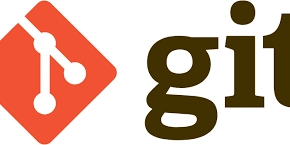
If you’ve ever hung around developers or poked your head into the world of coding, you’ve probably heard the term "Git" thrown around like it’s the secret sauce of software development. But here’s a question that pops up now and then, especially from newcomers: Is Git a programming language? Spoiler alert: No, it’s not. But if it’s not a programming language, then what is it, and why are devs so obsessed with it? Let’s break it down.
Git Isn’t a Programming Language—It’s a Tool
First things first: Git is not a programming language like Python, Java, or C++. You can’t use it to write apps, build websites, or calculate the meaning of life (well, maybe indirectly). Instead, Git is a version control system (VCS)—a tool that helps developers manage changes to their code over time. Think of it as a super-powered "undo" button combined with a collaborative workspace for teams of coders.
Programming languages are all about giving instructions to a computer to execute specific tasks. Git, on the other hand, is about keeping track of what you’ve written in those languages, when you wrote it, and who changed it. It’s less about creating and more about organizing and preserving.
So, What Does Git Do?
Imagine you’re writing a novel, and every time you make a change—adding a chapter, tweaking a character, or deleting a plot twist—you save a snapshot of the entire draft. Now imagine you can go back to any of those snapshots whenever you want, compare them, or even merge two different versions together. That’s Git in a nutshell, but for code.
Here’s a quick rundown of what Git does for developers:
- Tracks Changes: Every time you tweak your code, Git records it. Forgot what you changed last Tuesday? Git’s got your back.
- Branching: Want to experiment with a new feature without breaking your main project? Git lets you create a "branch"—a separate version of your code you can mess with risk-free.
- Merging: Once your experiment works, Git helps you combine it back into the main codebase without chaos.
- Collaboration: Working with a team? Git lets everyone contribute simultaneously, keeping track of who did what and resolving conflicts when they arise.
In short, Git is like a time machine and a team coordinator rolled into one. No wonder devs talk about it like it’s their best friend.
Why the Confusion?
So why do some people wonder if Git is a programming language? A couple of reasons might explain it:
-
Command-Line Vibes: Git is often used via a terminal with commands like
git commit,git push, orgit merge. To a newbie, typing cryptic commands might feel a bit like coding. But these are just instructions to the Git tool, not a language for building software. - Ubiquity in Dev Culture: Git is so deeply embedded in the developer workflow—especially with platforms like GitHub—that it’s easy to assume it’s part of the "programming" toolkit in a more literal sense.
- Scripting Overlap: Advanced users can write scripts (in actual programming languages like Bash or Python) to automate Git tasks, which might blur the lines for some.
What Devs Mean When They Talk About Git
When developers mention Git, they’re usually geeking out over one of these:
-
"I messed up—thank God for Git!": They probably reverted a disastrous change using
git resetorgit checkout. - "Pushed to the main branch": They’ve uploaded their latest code to a shared repository (often hosted on GitHub, GitLab, or Bitbucket).
- "Merge conflict hell": They’re wrestling with Git to reconcile two conflicting sets of changes—every dev’s rite of passage.
- "Git blame says Steve wrote this": They’re using Git’s history to figure out who to bug about a buggy line of code.
It’s not about writing software; it’s about managing the process of writing software. And trust me, when you’re juggling thousands of lines of code across a team, that management is a lifesaver.
The Real Programming Languages Behind Git
Here’s a fun twist: Git itself was written in a programming language—mostly C, with some bits in Shell and Perl. Created by Linus Torvalds (yes, the Linux guy) in 2005, Git is a program that devs use, not a language they code in. So while it’s not a programming language, it’s a product of one—a tool built to solve a very specific problem in the coding world.
Wrapping Up
So, is Git a programming language? Nope—it’s a version control system, a tool that keeps code organized, trackable, and collaborative. Devs talk about it all the time because it’s the glue that holds their projects together, whether they’re solo hackers or part of a sprawling team. Next time you hear someone mention Git, don’t think of it as a language—think of it as the unsung hero of the coding universe, quietly saving the day one commit at a time.
Now, if you’ll excuse me, I’ve got some changes to push. Happy coding—or at least happy version-controlling!










































































































































































![[The AI Show Episode 142]: ChatGPT’s New Image Generator, Studio Ghibli Craze and Backlash, Gemini 2.5, OpenAI Academy, 4o Updates, Vibe Marketing & xAI Acquires X](https://www.marketingaiinstitute.com/hubfs/ep%20142%20cover.png)















































































































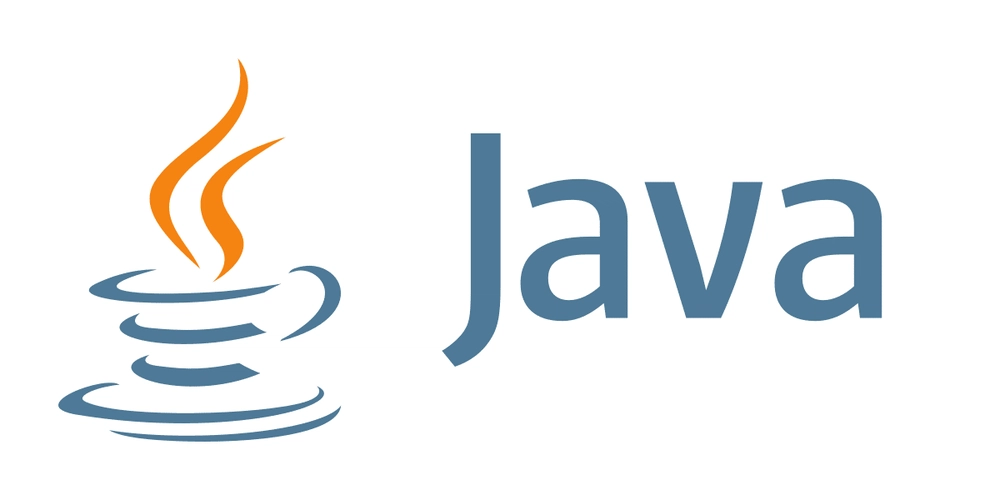
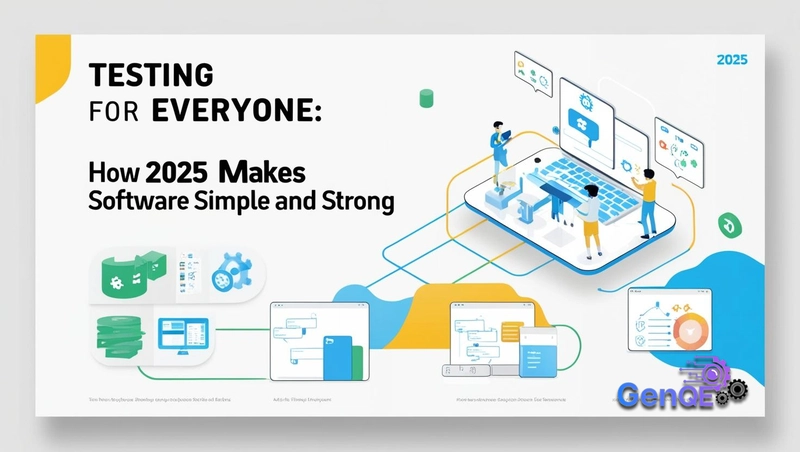
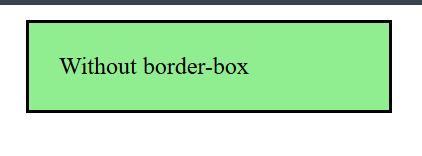
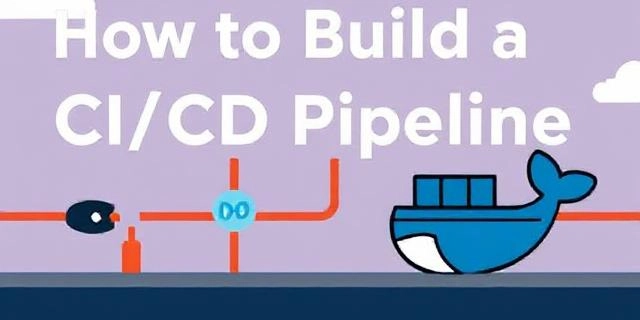









![[FREE EBOOKS] The Kubernetes Bible, The Ultimate Linux Shell Scripting Guide & Four More Best Selling Titles](https://www.javacodegeeks.com/wp-content/uploads/2012/12/jcg-logo.jpg)



![From drop-out to software architect with Jason Lengstorf [Podcast #167]](https://cdn.hashnode.com/res/hashnode/image/upload/v1743796461357/f3d19cd7-e6f5-4d7c-8bfc-eb974bc8da68.png?#)































































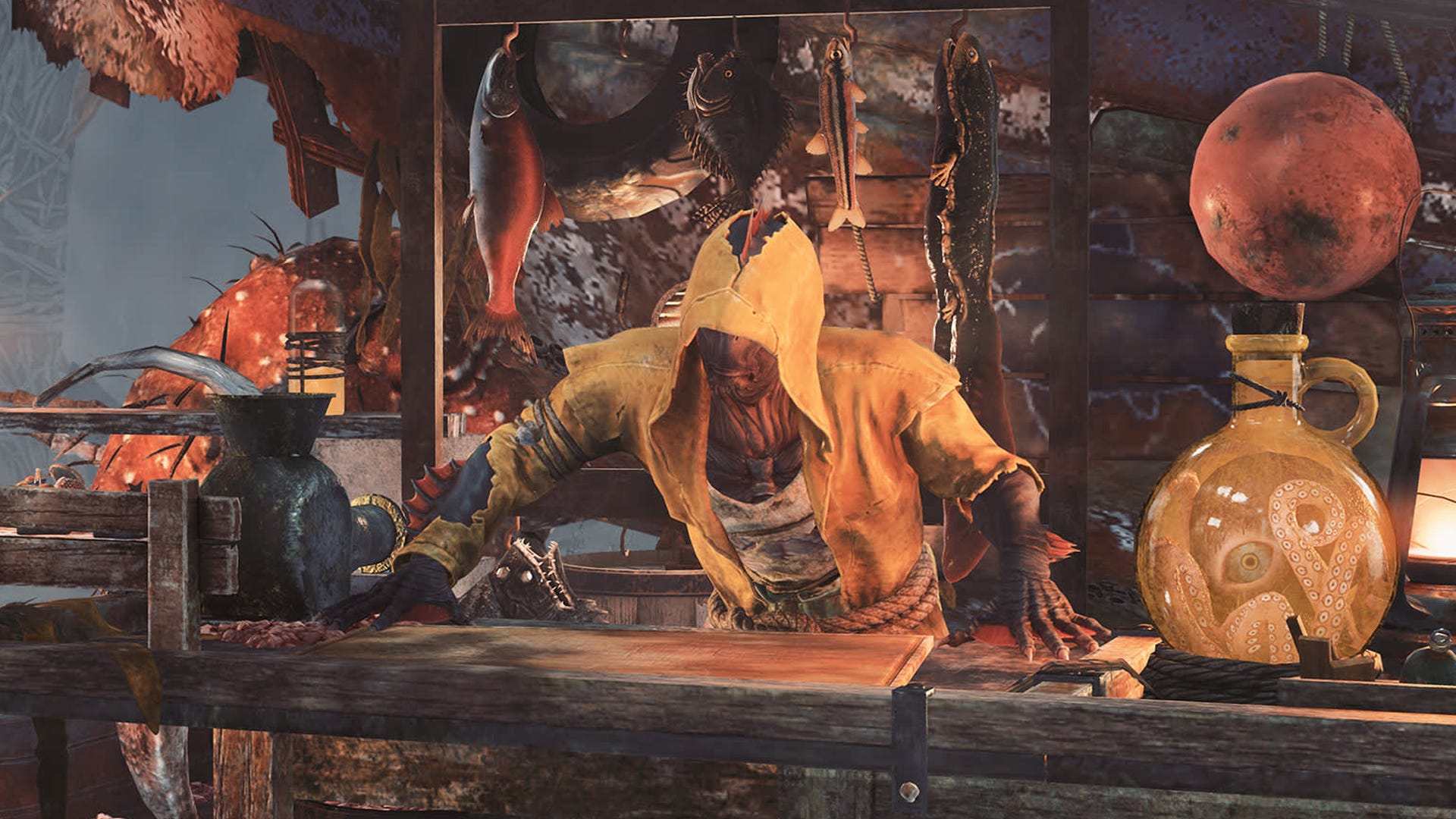






































.png?#)





.jpg?#)































_Christophe_Coat_Alamy.jpg?#)





















































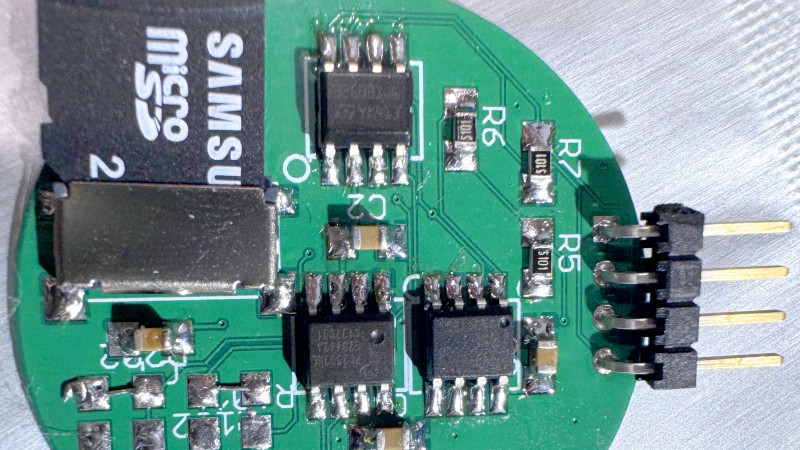


















































![Rapidus in Talks With Apple as It Accelerates Toward 2nm Chip Production [Report]](https://www.iclarified.com/images/news/96937/96937/96937-640.jpg)




















